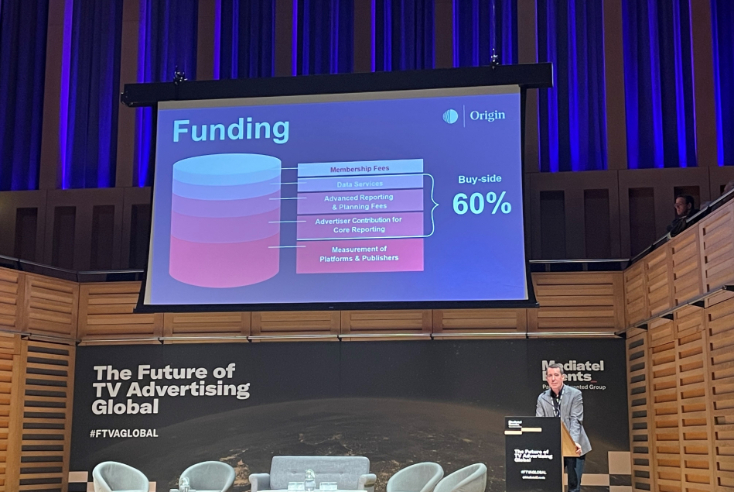ISBA announces the launch of phase four of Origin


ISBA has announced the launch of phase 4 of cross-media measurement platform Origin.
The trial will see analytics company Kantar Media design and launch the World Federation of Advertiser’s (WFA) Virtual ID model, which is a “key component” in privacy-safe demographic correction and reach estimation, according to ISBA. The trade body describes phase 4 as moving “from theory into practice” and, for the first time, real-data will be surfaced onto the platform.
The alpha trial is set to commence in July with EE, L’Oréal, PepsiCo, P&G and Unilever participating, and with data from digital video, digital display (anticipated to be provided by Google and Meta) and linear TV.
The beta trial will then include up to 30 advertisers with the “minimum viable product” launching in December 2024.
Origin has raised £20m in funding for phase 4 development from its 30 founding brand-owner stakeholders and contributions from all 170 ISBA members. The platform also received contributions from large digital platforms (Google, Meta, Amazon and TikTok), six media agency groups and five further media owners. In total, Origin has received over £32m of funding raised since its inception.
ISBA says that “discussions are continuing with other interested participants to join the stakeholder base” and anticipates further announcements will be made shortly.
Phase 4 will see Origin begin collecting the Fractional Advertiser Contribution (FAC) which could contribute more than 30% of its in-life revenues, according to ISBA. An industry consultation earlier this year approved the FAC quantum at 0.1% of media billings across all media expenditure in the form of a voluntary opt-out mechanism, to be collected by media agencies.
In the platform’s previous phase, Origin focused on building both the single-source panel via Kantar and the development of the platform’s technical infrastructure via Accenture. ISBA says in the new phase the panel will be expanded from 700 households to 2,500.
Broadcasters have historically been reluctant to be involved with Origin, with one previously calling it “a tax on TV” in a consultation.
